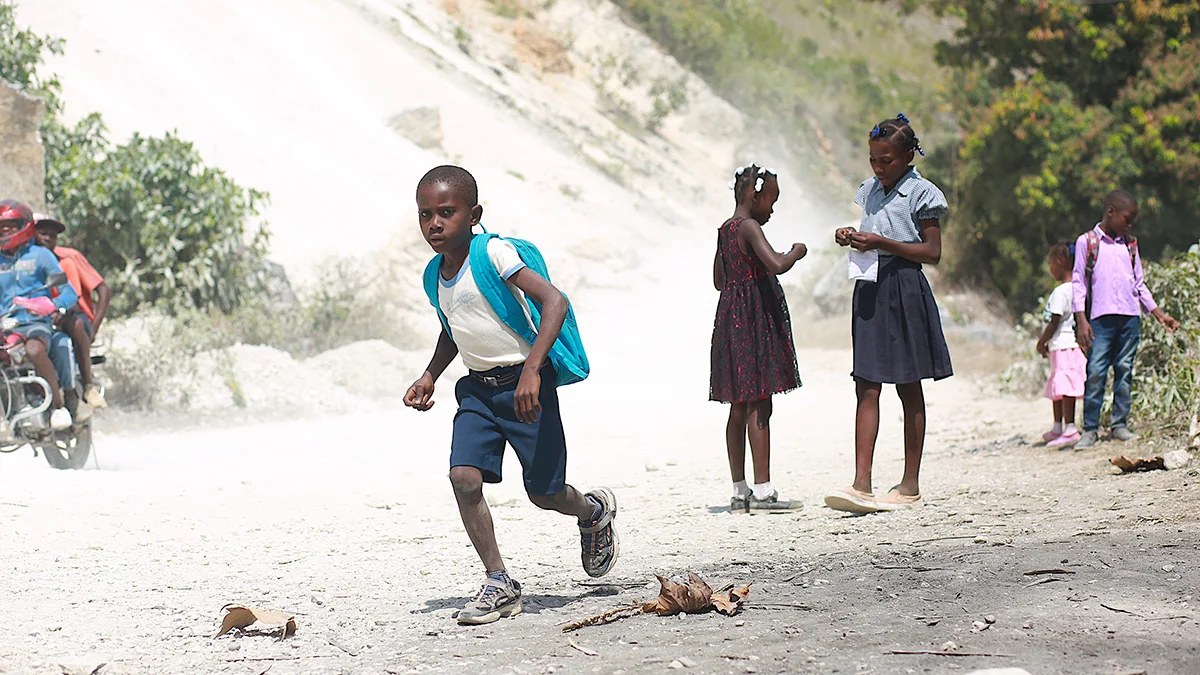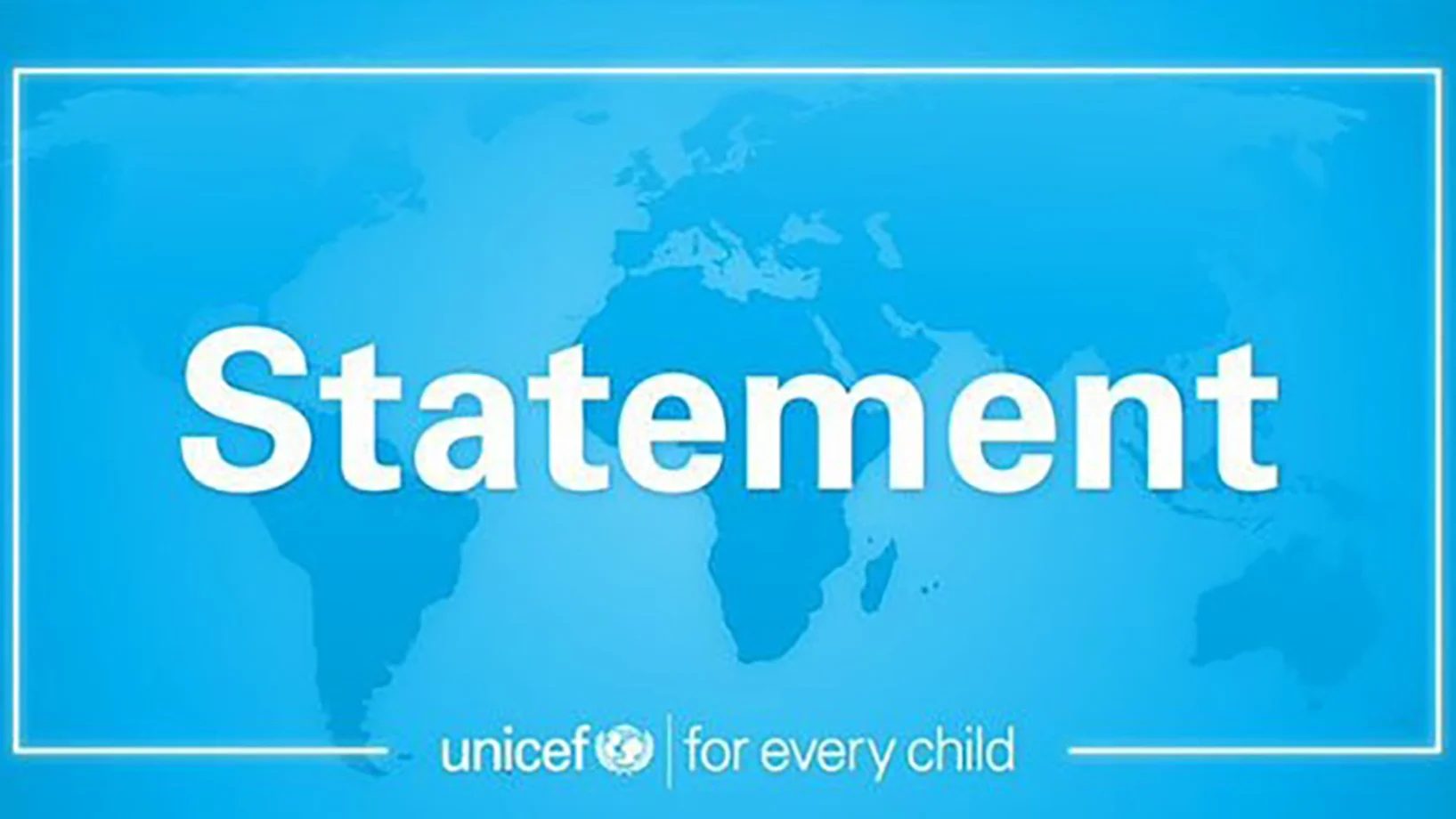Statement by UNICEF Executive Director Catherine Russell on the situation in Haiti.
“As violence and lawlessness in Haiti reaches a new and terrifying level, the resolve of the international community and local stakeholders to protect and support the Haitian people must be strengthened.
Haiti has been gripped by consecutive years of horrific violence, which in the last few days has been marked by an unprecedented level of lawlessness, human rights abuses, kidnappings, and a total disregard for the lives and wellbeing of children and their families and the essential services they rely on.
Armed groups have pried open prison cells to allow hundreds of detainees to join their ranks, while the safe passages for civilians to access hospitals, homes, schools, water, food, and other essential services is increasingly restricted.
The Haitian population is caught in the crossfire; spaces for children have been transformed into battlegrounds; critical social services are on the brink of collapse; the country’s ports and airport are compromised; and the humanitarian response that millions of children and civilians rely on as a lifeline of last resort has been crippled.
Each passing day brings new deprivations and horrors to the people of Haiti. The killings, abduction, and captivity of loved ones; the destruction of homes by fires or bullets; and rape and other forms of sexual violence – especially of girls and women – are among a long list of methods to instill fear in the population.
Hundreds of thousands of children and their families live in some of the most dangerous and besieged communes. Over 362,000 desperate people are internally displaced, and hunger and life-threatening malnutrition are at a record high across the country. A shocking 2 in 3 children need humanitarian aid in Haiti.
The people of Haiti have already endured so much, including decades of political instability, poverty, a talent drain of teachers, health and social workers fleeing the country, and a medical system that doctors in Haiti say has collapsed. Cholera has resurfaced, and deadly floods and an earthquake remain stark reminders of Haiti’s vulnerability to climate change, natural disasters, and its inability to deal with additional blows.
But it doesn’t have to be that way. Despite all the obstacles, the humanitarian system is still delivering lifesaving support, and the people of Haiti – teachers, medics, mothers and fathers – continue to brave the dangers to show up for work and care for the country’s women and children.
The international community needs to work with the Haitian people and seize this moment to stop Haiti from spiraling further out of control. Now is the time to act with urgency and together with the Haitian people.
That should include the following steps to:
- Accelerate efforts from the international community, with and for the Haitian people, to protect civilians, restore law and order in the streets, and strengthen key institutions, the Haitian National police, and the justice system.
- Fund the overall Humanitarian Response Plan for 2024 to meet the needs of the most vulnerable.
- Protect schools, hospitals, and humanitarian access; and safeguard humanitarian spaces.
- Ensure humanitarian efforts are coupled with longer term solutions to ensure access to basic services.
- Prepare for the inevitable natural disasters, public health emergencies, and epidemics.
- Encourage and support national institutions to effectively engage with impacted communities as well as those who have influence to stop the violence.
The current situation of insecurity, fear, and deprivation is unacceptable. It puts at risk the future of millions of children unable to experience any form of normalcy. The international community must work with the Haitian people and help provide a response that can better restore trust, hope, and respect for international human rights law.
By doing so, the international community will send a powerful message of unity and hope, not only to the people of Haiti but also to civilians across the world who are suffering violence, deprivation, and human rights abuses and violations.”
Notes to editors:
UNICEF Executive Director Catherine Russell is also the Principal Advocate for Haiti for the Inter-Agency Standing Committee, a group of humanitarians, and a designation by the Emergency Response Coordinator, Martin Griffiths.



